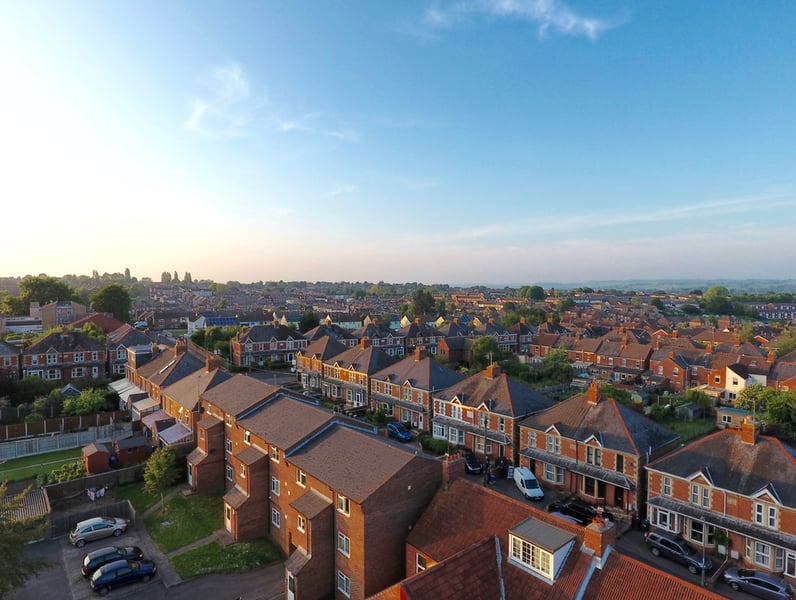Last year the number was up marginally from 2018.

The number of first-time buyers is at its highest level since 2007, Yorkshire Building Society has found.
The number reached an estimated 353,436 in 2019, up from the 353,130 recorded in 2018.
Figures are gradually approaching pre-financial crisis, with the number of people buying their first home with a mortgage exceeding 300,000 in five of the past six years.
Nitesh Patel, strategic economist at YBS, said: “Even though the number of first-buyers has stayed pretty much the same as last year, it is still encouraging to see first-time buyers top 350,000 for the second year in a row.
“They also represent over half of all homes bought with a mortgage, meaning the first-time buyer mortgage market share is at its highest since 1995, when they bought 53% of all mortgage-financed homes.
“First-time buyer numbers may now be plateauing as property prices have grown at a faster rate than salaries over the past 12 years.
“This means larger deposits are needed to get on to the property ladder, leading to challenges and barriers to homeownership, which are most pronounced in London and the South East.”
Almost twice as many first-time buyers secured a mortgage in 2019 compared to numbers recorded in 2008.
Those entering the property market now account for more than half (51%)of all homes purchased with a mortgage this year, in 2008 this share was just 38%.
With an average price of £415,618, London is the most expensive region for first-time buyer homes followed by the South East (£264,097).
However, these are the most popular regions for first-time buyers accounting for 12% and 20% of sales respectively.
Patel added: “In recent years first-time buyers have been helped by strong competition driving mortgage rates down to near-record lows, making borrowing more accessible.
“More mortgage lenders offering 95% LTV mortgages, which reduces the need for a higher deposit.
“Home loans with terms of up to 40 years are becoming increasingly popular as first-time buyers look to lower their monthly mortgage repayment.
“Also government schemes such as stamp duty relief, Help to Buy equity loans and Help to Buy ISAs will have made an impact.
“This combination of factors has made buying a home more accessible in recent years.
“This has seen the first-time buyer market bounce back from the financial crisis and perform better than other sectors, such as the home moving and buy-to-let markets.
“However, as these figures show the market may have now reached its peak and buying your first home still remains tough for many.”



